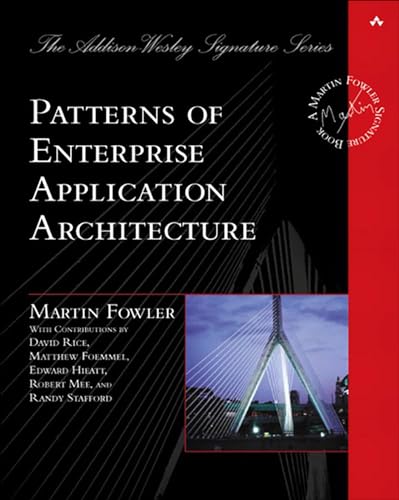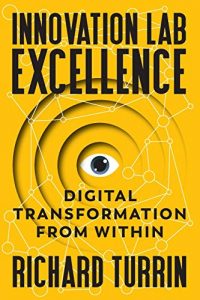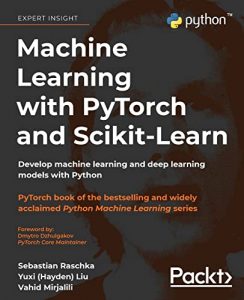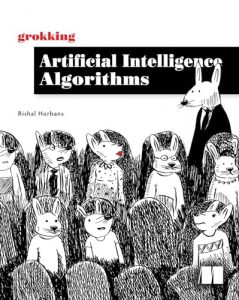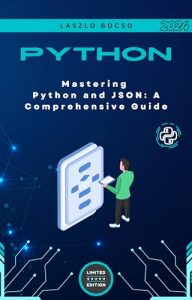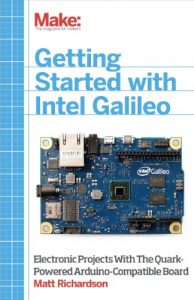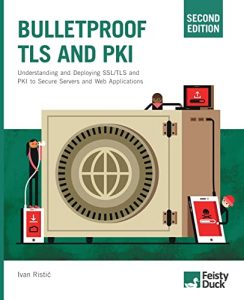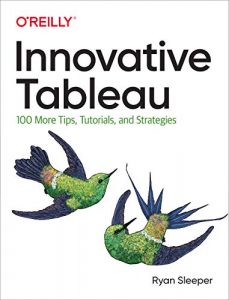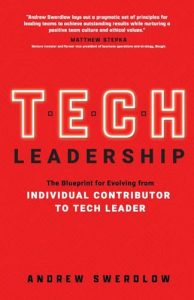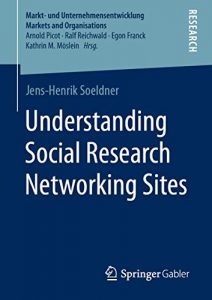Essential Reads for Software Architects: Elevate Your Craft
The field of software architecture is constantly evolving. If you are looking to refine your skills, deepen your understanding, and keep up with the latest trends, we’ve compiled a list of must-read books that every aspiring and professional software architect should consider. These books not only provide theoretical knowledge but also practical insights that can be implemented in real-world scenarios.
1. Patterns of Enterprise Application Architecture
Authored by Martin Fowler, this pivotal book delves into application architecture patterns—an essential blueprint for designing robust enterprise applications. Fowler articulates complex problems and pairs them with effective solutions, making it an invaluable guide for architects who want to optimize application performance and resource management. This book is not just theoretical; it provides hands-on examples that resonate with the current tech landscape, ensuring architects can confidently adopt the strategies presented. Its relevance to modern architecture makes it an indispensable read.

2. The Software Architect Elevator: Redefining the Architect’s Role in the Digital Enterprise
Gregor Hohpe revolutionizes the architectural role in the digital era in this thought-provoking book. He explores how today’s architects must bridge the gap between technical implementation and business strategy, effectively acting as ‘elevators.’ His insights cover both soft skills and technical expertise, and through real-life scenarios, Hohpe provides a roadmap for aspiring architects to navigate this complex landscape. If you want to elevate your career and influence within your organization, this book is a must-read.

3. Documenting Software Architectures: Views and Beyond
This authoritative guide involves multiple esteemed authors like Paul Clements and Len Bass, who provide a comprehensive framework for documenting software architectures. The book emphasizes the importance of clearly communicated architectural decisions and serves as a blueprint for effective documentation practices. By using various views (functional, logical, physical), it demystifies architectures in a way that can be understood by a diverse audience. This guide is a vital reference for anyone involved in software design, fostering better understanding and collaboration across teams.

4. Designing Data-Intensive Applications: The Big Ideas Behind Reliable, Scalable, and Maintainable Systems
Martin Kleppmann’s work is crucial for mastering data management in applications. This book dives deep into the concepts of data-intensive applications, addressing both theoretical underpinnings and practical implementations. Topics like consistency, scalability, and reliability are explored in-depth, making it a great resource for architects who want to design systems that handle data effectively. Kleppmann’s engaging writing style simplifies complex topics, making this book accessible, enjoyable, and enlightening.

5. Software Architecture: Foundations, Theory, and Practice
This seminal text offers a rich blend of both theory and practical application. Written by R. N. Taylor, N. Medvidovic, and E. M. Dashofy, it covers fundamental concepts in software architecture, providing a holistic view that is necessary for all levels of architects. It lays the groundwork for architecture analysis techniques and frameworks that can be utilized in real-world scenarios. For serious practitioners, this book is an essential toolkit for advancing your software architecture knowledge.

6. Learning Domain-Driven Design: Aligning Software Architecture and Business Strategy
Vlad Khononov’s book is a vital guide to aligning software architecture with business strategy through domain-driven design. It bridges technical implementation with business objectives, fostering a shared language between technical and non-technical stakeholders. This integrative approach allows architects to create more relevant applications that directly support organizational goals. With real-world examples and clear illustrations, this book is essential for architects looking to drive business value through technology.
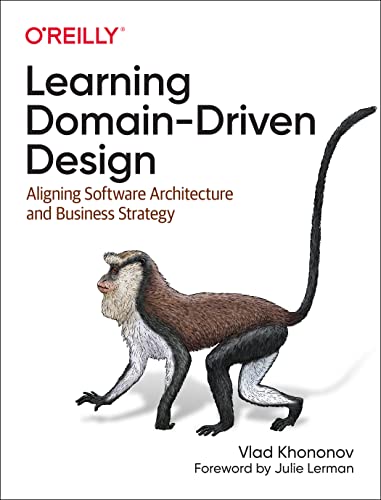
7. Modern Software Engineering: Doing What Works to Build Better Software Faster
This book by David Farley and Amy Gordon introduces modern software engineering practices that focus on efficiency and effectiveness. Highlighting practical techniques and methodologies, it encourages engineers and architects to challenge the status quo and embrace agile practices. Farley and Gordon offer a refreshing perspective and strategies that can lead to significant improvements in software delivery. This book motivates architects to design better, faster applications that meet modern demands.

8. Software Architecture in Practice (SEI Series in Software Engineering)
Len Bass, Paul Clements, and Rick Kazman deliver insights into effective software architecture practices in this invaluable resource. The book emphasizes practical experience and challenges software professionals might face. With discussions on architectural design and its impact on quality attributes, it provides a practical foundation for real-world architecture projects. This book acts as a guiding light, helping architects improve their practices and understand the trade-offs involved in architectural decisions.

9. Architecture Modernization: Socio-technical alignment of software, strategy, and structure
In this upcoming release by Nick Tune and Jean-Georges Perrin, the authors discuss the socio-technical aspects of architecture modernization. They address the need for alignment between software architecture, business strategy, and organizational structure. This book will serve as an essential guide for architects to navigate complexities within organizations while ensuring successful modernization strategies. The insights offered will be crucial for adapting to the fast-paced technological landscape.

10. Effective Software Architecture: Building Better Software Faster
Oliver Goldman’s upcoming book on effective software architecture focuses on strategies to enhance software quality and delivery speed. By offering actionable strategies, Goldman instructs readers on how to construct systems that are maintainable and scalable. This book is essential for software architects who seek to improve their craft and implement best practices that ensure timely project delivery without compromising quality.


